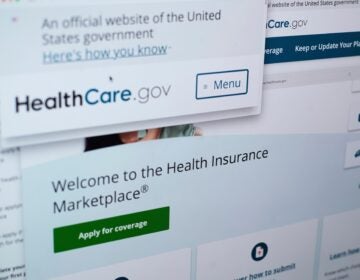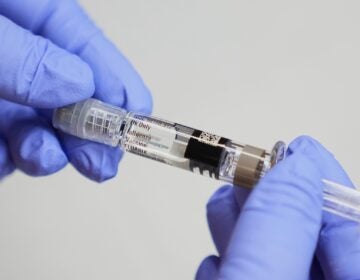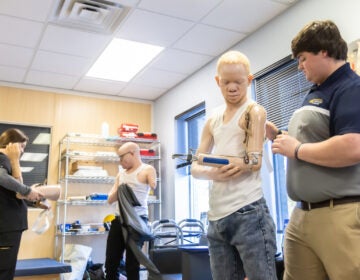Here’s where you can check for lead in your school’s drinking water
The Murphy administration has kept its pledge to create a new district-by-district clearinghouse for information on lead contamination in New Jersey schools’ drinking water.

Governor introduces new online clearinghouse with district-by-district information. (Kelpfish/Bigstock)
This article originally appeared on NJ Spotlight.
–
Moving quickly, the Murphy administration has kept its pledge to create a new district-by-district clearinghouse for information on lead contamination in New Jersey schools’ drinking water.
The “centralized online database” announced yesterday is more a listing than actual database. It allows users to search for each of the state’s nearly 600 school districts to see if they have reported “yes” or “no” for lead contamination in any source above the federal mark of potential concern. It provides a link to a district’s own website and its water-quality information for parents and the public, whether the answer on lead contamination is “yes” or “no.”
The rollout of the clearinghouse follows through on at least part of Gov. Phil Murphy’s announcement last month that he would take both immediate and long-term steps to address concerns about lead contamination in schools throughout the state.
“In October, I announced a three-pronged strategy to address lead in schools, and I am proud that a month later, the Department of Education implemented a critical part of our plan,” Murphy said in yesterday’s announcement.
Still, there is far more to be done, and the administration has yet to move on other parts of that three-pronged strategy, including funding the replacement of lead lines contributing to the contamination.
Jeff Tittel, director of the New Jersey Sierra Club, yesterday credited the administration for taking the first steps to address the issue, but pressed it and the state Legislature to get moving on the required funding through an approved $100 million bond for school water infrastructure improvement projects through the Securing Our Children’s Future Bond Act. The regulations for the borrowing have yet to be released.
“They should not have been sitting on it,” Tittel said in a statement. “We have known that the biggest problem for dealing with lead in our water is coming up with the funding.”
WHYY is your source for fact-based, in-depth journalism and information. As a nonprofit organization, we rely on financial support from readers like you. Please give today.




